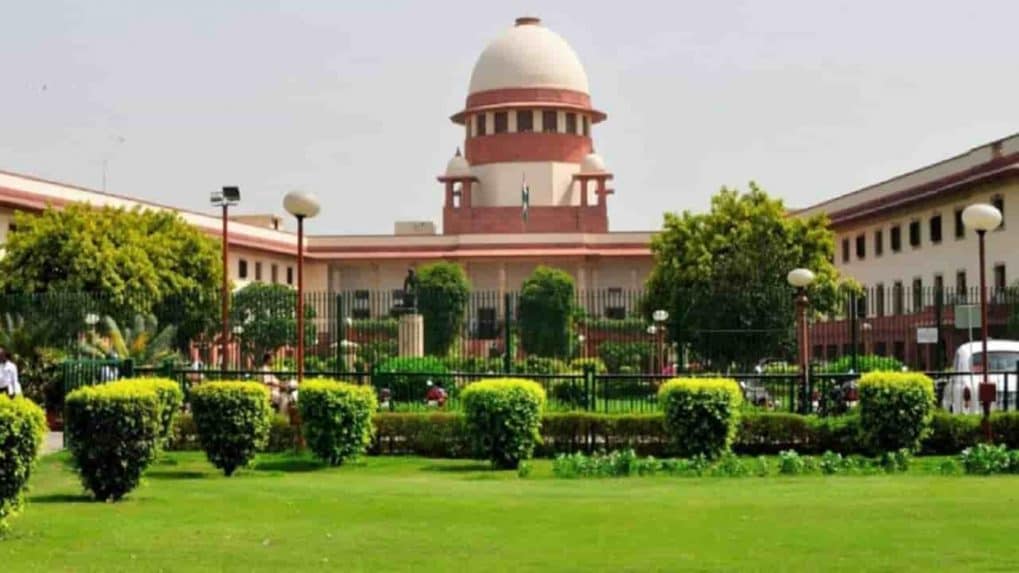As top RMG firms backout; TN, Karnataka may challenge Online Gaming Law in SC
While a few smaller RMG firms are preparing petitions, many in the industry fear that even a favourable court verdict may not offer long-term relief, with the 40% GST on gaming deposits continuing to loom large over the sector.
ADVERTISEMENT
With leading real money gaming (RMG) platforms such as Dream11 and Gameskraft deciding against mounting a legal challenge to the Union government’s newly passed Promotion and Regulation of Online Money Gaming Act, the spotlight is now firmly on opposition-ruled states like Tamil Nadu and Karnataka. Both states are weighing options to move the Supreme Court, challenging what they call an unconstitutional overreach into subjects reserved for state legislatures.
Sources said consultations are ongoing in Chennai and Bengaluru on how best to frame the legal challenge. “The law directly intrudes into state powers over betting, gambling, and entertainment—subjects that are on the State List. States have strong grounds to contest it,” a senior counsel noted.
While a few smaller RMG firms are preparing petitions, many in the industry fear that even a favourable court verdict may not offer long-term relief, with the 40% GST on gaming deposits continuing to loom large over the sector. The Supreme Court has already reserved its judgment in the high-profile ₹2.5 lakh crore retrospective GST case—an outcome that will set a precedent for years.
The Finance Ministry is considering raising the Goods and Services Tax (GST) on real money gaming from the current 28% to a steep 40%. The move comes as part of a broader proposal to restructure the GST regime, potentially marking the biggest tax overhaul since its rollout in 2017. The 56th GST Council meeting is set to happen on both 3rd September and 4th September.
“The hammer of GST continues to loom. A legal win on the Act means little if the tax regime kills the industry anyway,” said an executive with a leading gaming platform.
Senior lawyers arguing against the Act called it “unconstitutional” and an “affront to federalism.” One pointed out, “By legislating on matters that lie squarely within the competence of state legislatures, Parliament has transgressed constitutionally allocated powers and unsettled the delicate federal balance.”
Legal experts warn that the Centre’s move could unravel the delicate balance between Union and state powers. One senior counsel argued, “The Act regulates betting and gambling, and merely because they are played online would not alter their character. To hold otherwise would allow Parliament to subsume most subjects of the State List on the pretext of digitisation, thereby unsettling the federal balance envisaged by the Constitution.”
Another noted that courts had earlier rejected similar arguments when Tamil Nadu’s state-level ban on online gaming was challenged by companies.
Tamil Nadu IT Minister Palanivel Thiagarajan echoed this view on X, accusing the Centre of “federal overreach.” He compared the gaming law to past attempts such as the now-repealed farm laws and interventions in sectors like co-operatives and ports. “This Act is a clear instance of undermining the autonomy of states,” he posted.
Karnataka IT Minister Priyank Kharge has also been vocal in his opposition, questioning why the Union government was resorting to prohibition rather than regulation. “Regulation is the only way to safeguard our citizens. Without it, players will simply migrate to offshore servers, beyond our reach of protection,” Kharge said.
He warned that the ban would devastate India’s burgeoning digital economy—threatening over 2,000 startups, two lakh jobs, and ₹23,000 crore in foreign direct investment attracted over the past five years. The ecosystem, which spends nearly ₹7,000 crore annually on advertising, sponsorships, and cybersecurity, also faces collapse, he added.
Beyond the economic impact, Kharge cautioned that prohibition could fuel illegal offshore markets estimated at over ₹8.2 lakh crore annually. “Such unregulated sites pose serious risks of money laundering, terror financing, and data theft. Even FATF and Rashtriya Raksha University have warned against this,” he noted.
With gaming majors holding back, the constitutional tussle may now hinge on opposition states. If Tamil Nadu and Karnataka follow through, the legal battle could redefine the balance of power between the Union and states—not only for online gaming but for wider questions of federalism.
For the RMG sector, the uncertainty is crushing. On one side is a law that bans its core operations; on the other, a tax regime that makes even survival unviable. For constitutional lawyers, the battle promises to be a test case for federalism in the digital age.
As one industry executive summed it up: “The courts will decide not just the future of gaming, but the balance of power between Delhi and the states.”
Read More: Online Gaming may face 40% GST, industry warns of mass shutdowns
Read More: Ban on Real Money Gaming threatens 2 lakh jobs, 2,000 startups: Karnataka IT Minister
Read More: Supreme Court GST verdict could erase ₹2,000 crore from India’s Ad market


